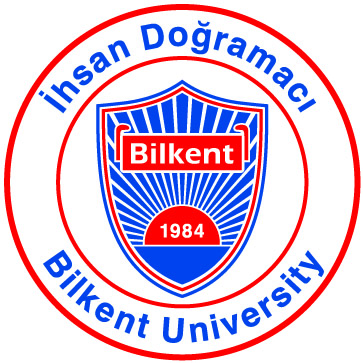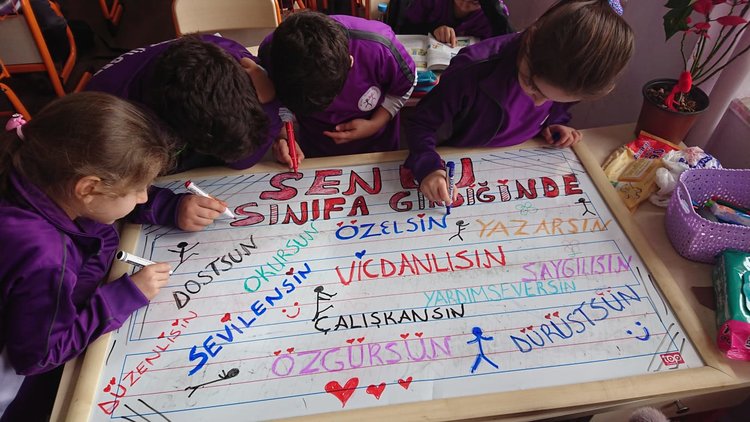Our datasets
Perspective Taking Study
Since the beginning of the Syrian War in 2011, Turkey has received over 3.5 million Syrian refugees, including nearly 1 million children. Syrian refugee children face social exclusion and in-school violence. Socially excluded individuals are less likely to exhibit prosocial attributes. These outcomes may justify even further social exclusion and intergroup violence. This study evaluates a unique educational intervention that aims to facilitate integration.
Curiosity Study
We evaluate a pedagogical intervention that aims to improve the learning quality of elementary school children by nurturing their curiosity. The pedagogy, aimed primarily at science teaching, was practiced by children’s teachers for an entire academic year. We test the effectiveness of this pedagogy using objective test scores and a novel measure of curiosity. The measure involves first creating a sense of information deprivation, then quantifying the urge to acquire information and the ability to retain information.
Adolescent Empowerment Study
In this project, we aim to test the effectiveness of a unique program that aims to improve the school climate in socioeconomically disadvantaged post-primary schools. Evaluation results are coming soon.
Female Leadership and Workplace Climate Study
In this project, we aim to understand relational climate and the role of female leadership in large corporations. Evaluation results are coming soon.



